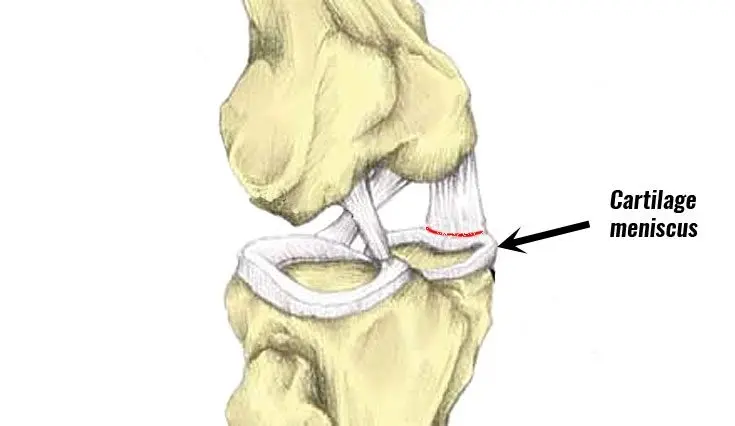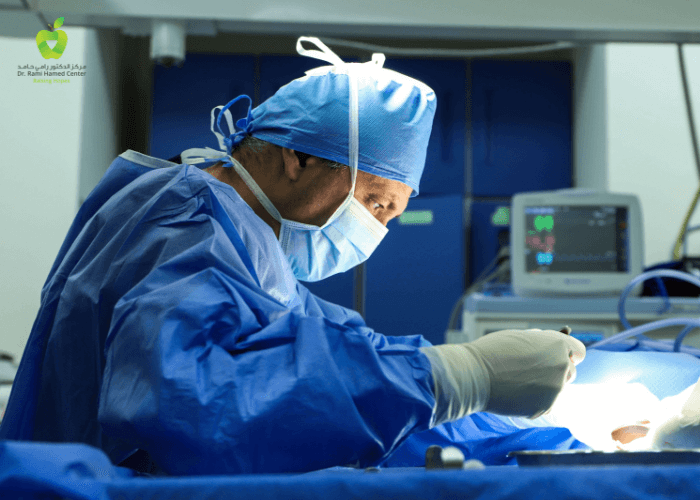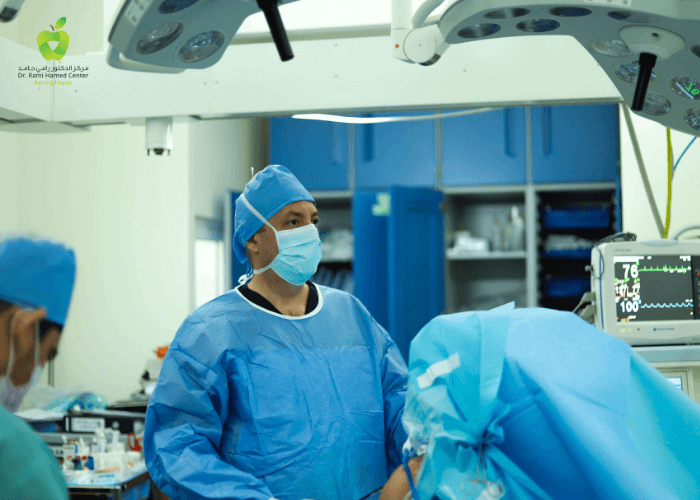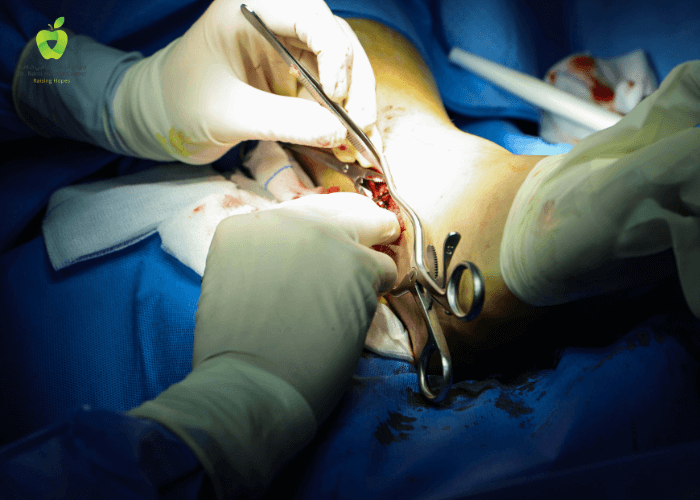Cartilage and Meniscal Injuries at DRHC Dubai Sports Injuries Clinic
Cartilage and meniscal injuries are common among athletes and individuals with active lifestyles, particularly those engaged in sports that involve running, jumping, or twisting movements. These injuries can be debilitating, causing pain, swelling, and impaired mobility. At DRHC Dubai, we specialize in the diagnosis, treatment, and rehabilitation of cartilage and meniscal injuries, providing patients with cutting-edge care to restore joint function and help them return to their sports and daily activities.
Understanding Cartilage and Meniscus
- Cartilage is a smooth, rubbery tissue that covers the ends of bones at joints, acting as a cushion to reduce friction during movement. It allows the bones to glide smoothly over each other.
- Meniscus refers to two C-shaped pieces of cartilage found in each knee joint. The menisci act as shock absorbers, providing stability and distributing weight across the knee joint.
Injuries to these vital structures can severely affect mobility, causing discomfort and limiting participation in physical activities.
Causes of Cartilage and Meniscal Injuries
These injuries can result from several factors, including:
- Sport-Related Injuries
- Twisting or Pivoting Movements: Sports like football, basketball, and tennis that require sudden changes in direction or rapid pivoting can lead to meniscal tears and cartilage damage.
- High-Impact Sports: Activities that place excessive strain on the joints, such as rugby, skiing, and weightlifting, can increase the risk of injury to the cartilage and meniscus.
- Trauma and Direct Impact: A sudden blow to the knee, common in contact sports or during a fall, can damage the cartilage or cause a meniscal tear.
- Overuse and Degenerative Conditions
- Repetitive Stress: Continuous wear and tear from repetitive activities or long-term participation in sports can lead to the gradual breakdown of cartilage and meniscus tissues.
- Aging: As we age, cartilage and meniscal tissues naturally weaken, increasing the risk of injury, especially in athletes who continue high-intensity sports later in life.
Symptoms of Cartilage and Meniscal Injuries
Common signs of cartilage and meniscal injuries include:
- Knee Pain: Sharp or aching pain, especially during weight-bearing activities such as walking, running, or climbing stairs.
- Swelling and Stiffness: The knee may swell, making it difficult to fully extend or bend the joint.
- Joint Locking: A sensation that the knee is “stuck” or locked in place, especially in meniscal injuries, where torn fragments may obstruct movement.
- Instability: A feeling that the knee may give out or buckle during movement, indicating joint instability.
- Limited Range of Motion: Difficulty moving the knee freely or fully extending the leg.
Types of Cartilage and Meniscal Injuries
At DRHC, we treat a range of cartilage and meniscal injuries, including:
- Meniscal Tears: Meniscal tears are among the most common knee injuries, often caused by twisting or rotating the knee under stress. Athletes, particularly those who play football, rugby, or engage in skiing, are at high risk. Meniscal tears can range from minor to severe, with larger tears requiring surgical intervention.
- Articular Cartilage Damage: Articular cartilage covers the ends of bones in the knee joint, allowing smooth movement. Damage to this cartilage can occur from traumatic injuries or repetitive stress. Cartilage does not heal on its own, and without treatment, it can lead to arthritis and joint degeneration.
- Chondromalacia Patella (Runner’s Knee): This condition occurs when the cartilage under the kneecap becomes damaged due to overuse, often seen in runners or athletes who frequently bend their knees. It causes pain around the knee, especially when walking up or down stairs or sitting for long periods.
- Osteochondritis Dissecans: A condition where a fragment of cartilage, along with a piece of underlying bone, becomes dislodged from the knee joint due to reduced blood flow. This often occurs in young athletes and may result in pain, swelling, and limited knee movement.
Diagnosis and Treatment at DRHC
At DRHC, we employ advanced diagnostic techniques, including MRI, X-rays, and arthroscopy, to accurately assess cartilage and meniscal injuries. Our multidisciplinary team of orthopedic surgeons, sports medicine specialists, and physiotherapists works together to develop a tailored treatment plan based on the patient’s condition, activity level, and long-term recovery goals.
Treatment Options
- Non-Surgical Treatments
- Rest and Ice Therapy: For mild injuries, reducing activity and applying ice can help reduce swelling and pain.
- Physical Therapy: A customized rehabilitation program can strengthen the muscles around the knee, improve range of motion, and restore stability. Exercises are designed to help protect the cartilage and meniscus from further injury.
- Medications: Anti-inflammatory medications, such as NSAIDs, can reduce pain and swelling.
- Viscosupplementation Injections: In cases of cartilage damage, hyaluronic acid injections can help lubricate the joint and relieve pain, particularly in early-stage arthritis.
- Surgical Treatments
- Arthroscopy: A minimally invasive procedure where a small camera is inserted into the knee to assess and repair damaged tissues. This is often used for meniscal tears or to smooth damaged cartilage.
- Meniscus Repair or Meniscectomy: In more severe cases of meniscal tears, the torn portion of the meniscus can either be repaired or removed to restore knee function.
- Cartilage Restoration Procedures: Depending on the extent of cartilage damage, procedures like microfracture, autologous chondrocyte implantation (ACI), or osteochondral grafting can be used to restore damaged cartilage.
- Knee Replacement Surgery: In advanced cases where both the cartilage and meniscus are significantly damaged, knee replacement surgery may be considered to restore full joint function.
Sports Injury Rehabilitation and Recovery
Recovery times vary depending on the severity of the injury and the type of treatment. At DRHC, we prioritize patient-centered rehabilitation, with programs designed to restore strength, flexibility, and stability in the knee. Our expert physiotherapists work closely with patients to ensure a safe and gradual return to sports and daily activities.
.png?width=281&height=59&name=bookanappointment%20(1).png)
Orthopedic Clinic Dubai at DRHC provides advanced shoulder arthroscopy procedures, shoulder surgery, and treatment for shoulder pain, rotator cuff injuries, frozen shoulder, dislocated shoulder, shoulder impingement, and a lot more. Call +97142798200 to Schedule Your Appointment Today.




.png?width=281&height=59&name=bookanappointment%20(1).png)




.jpg)
